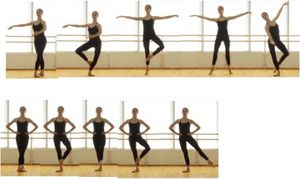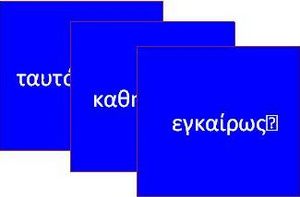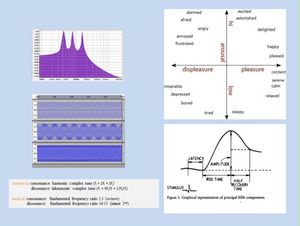
Each sensory system (vision, hearing, touch) requires a different amount of time to process stimuli. It remains unknown how the information from different systems is combined to create the perception of a single, synchronized multisensory event. How does the system decide whether two sensory inputs (e.g., auditory and visual speech) belong to the same or different events? The ability of the perceptual system to overcome temporal differences in the arrival of information is a central issue of study in the perception of multisensory events.

When we remember our vacations last year, do we calculate time differently than when we plan the next ones? Does describing the speed of a project affect estimates of its duration? Several studies have examined the effect of spatial dimensions on the subjective perception of time. In our studies, we extend this research direction by examining the effect of temporal concepts on the perception of time duration.

The effect of music on time perception is attributed to the emotional content of the music, which causes increased or decreased arousal and thus affects the production of pulses in our internal pacemaker clock. In our studies, we construct musical stimuli with predetermined acoustic properties to examine the role of arousal in the effect of music on time perception.